You are cordially invited to the following seminars presented by the delegates from NSF-Columbia University on 12 August, Friday from 9.30am. Venue: Level 5, seminar rooms.
Seminar 3 10.30am to 11.00am
Presenter Prof Lance Kam
Talk Title “Engineering Immunity Through Cellular Biomechanics”
Engineering Immunity Through Cellular Biomechanics
Lance C. Kam, Associate Professor of Biomedical Engineering Microscale Biocomplexity Laboratory
Department of Biomedical Engineering
Columbia University, New York
The adaptive immune system plays a central role in defense against pathogens but also a range of diseases. More recently, this arm of immunity has shown great promise in the treatment of a range of diseases. We have been developing the concept that mechanical forces are involved in activation of T cells, a key regulatory step of the adaptive immune response. In particular, we show that CD4+ T cells are sensitive to the mechanical properties of an activating surface presenting ligands to TCR / CD3 and CD28. Force generation and mechanosensing appear to be modulated through TCR / CD3, with the costimulatory CD28 signal providing a necessary signal for functional activation. Using patterned surfaces and traction force microscopy, we are mapping force generation by T cell and building a picture of mechanosensing in this new context. These studies have the potential to improve adoptive immunotherapy by providing a new level of control over the expansion and production of therapeutic T cells.
Biography
Dr. Kam earned dual B.S. degrees in Physics and Mechanical Engineering from Washington University in St. Louis, his M.S. in Medical Engineering from the University of Hawaii, and Ph.D. in Biomedical Engineering from Rensselaer Polytechnic Institute. During his postdoc at Stanford University, he developed microscopy and micropatterning tools to understand the biophysics of how cells recognize and respond to biomolecular cues. He joined the Department of Biomedical Engineering at Columbia University as an Assistant Professor, and was promoted to Associate Professor with tenure in 2012. He directs the Microscale Biocomplexity Laboratory, which continues to develop new ways of understanding cells as intricate machines, focusing on the spatial complexity of intracellular signaling and mechanobiology. His laboratory has been leading the push of these fields into the area of T cell biology. His research has been supported by the US NSF and NIH, as well as the Wallace H. Coulter Foundation.



